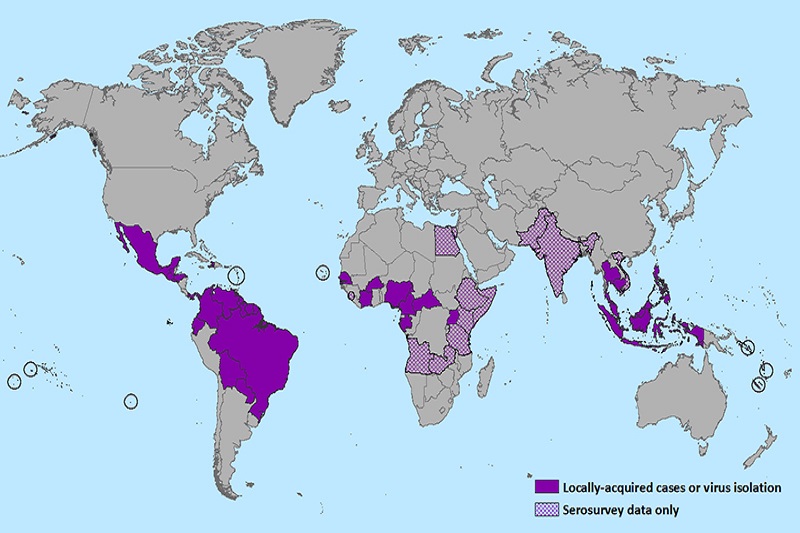IRONMAN Participants & Spectators Urged to ‘Fight the Bite’
This week, Kailua-Kona will welcome more than 2,300 participants from around the world for the 2016 IRONMAN World Championship triathlon set to take place on Saturday, Oct. 8.
With the expected surge in travel from national and international locations, the Hawaii State Department of Health and event organizers urge everyone—residents and visitors—to “Fight the Bite” and take precautions to avoid being bitten by mosquitoes to reduce the risk of spreading diseases, including Zika, dengue and chikungunya.
Although there is currently no local transmission in Hawai‘i of any mosquito-borne disease, people traveling from areas with local outbreaks may be infected without knowing it; they may either have no symptoms or symptoms similar to a mild flu.
Only one in five people infected with Zika virus will show symptoms at all.
These diseases can be transmitted locally if a mosquito bites an infected person and then spreads the virus to the next person it bites.
DOH Vector Control staff have been taking proactive measures in the weeks leading up to the competition by conducting mosquito assessments and treatment, if necessary, at popular visitor destinations and hotel properties along the Kona and Kohala coastlines. Vector Control teams from both Hilo and Kona locations of the Hawai‘i District Health Office have been working together to identify and eliminate mosquito breeding areas as well as dense mosquito populations that may have developed.
“These pre-event assessments are critical to mitigate the threat diseases like Zika and dengue pose to our community,” said Eric Honda, Environmental Health Chief for the Hawai‘i District Health Office. “During the dengue fever outbreak earlier this year, we experienced firsthand how heavy adult mosquito activity can play a major role in spreading disease. When we have an influx of international travelers, educating visitor industry personnel and working with them to reduce mosquito breeding areas is one of our best defense measures to help ensure the health and safety of our islands.”
IRONMAN has teamed with the DOH to play an active role in raising added awareness of best practices to prevent mosquito bites that can spread these types of diseases. Communications with preventive measures are being distributed to the broad race community associated with this globally renowned event.
“We are pleased to work with DOH and do our part to help educate the population of athletes, family, friends and others traveling to be a part of this pinnacle event,” said Diana Bertsch, vice president of World Championship Events for IRONMAN. “IRONMAN athletes work very hard to earn a spot to compete at this historic world championship event. Our goal every year is for it to be a safe and enjoyable experience for not only the athletes, but everyone involved, including the incredible community host we have here in Kailua-Kona.”
DOH is advising residents and visitors to be vigilant in their efforts to avoid being bitten by mosquitoes and prevent the potential spread of diseases. Recommended precautions include:
- Apply an EPA-registered insect repellent containing 20 to 30 % DEET when outdoors, and always follow directions for using repellents—especially on small children.
- Wear light-colored protective clothing, such as long pants, long-sleeved shirts, socks and shoes, to help protect skin from mosquito bites.
- Avoid activities in areas that attract mosquitoes, such as shady and damp locations, especially during sunrise and sunset when mosquitoes are most active.
- Both men and women traveling from areas where Zika is spreading should adopt safe sex practices (i.e. using a condom) to prevent potential infection through sexual transmission.
For further recommendations on how to take precautions against mosquitoes and the diseases they spread, visit the state’s Fight the Bite website or DOH’s Disease Outbreak Control Division’s website.
People traveling from outbreak areas should monitor their health and see a doctor immediately if they have symptoms or contact the DOH Disease Investigation Branch at (808) 586-4586.
To find out if an area is experiencing an active outbreak, visit the Centers for Disease Control and Prevention’s website.







